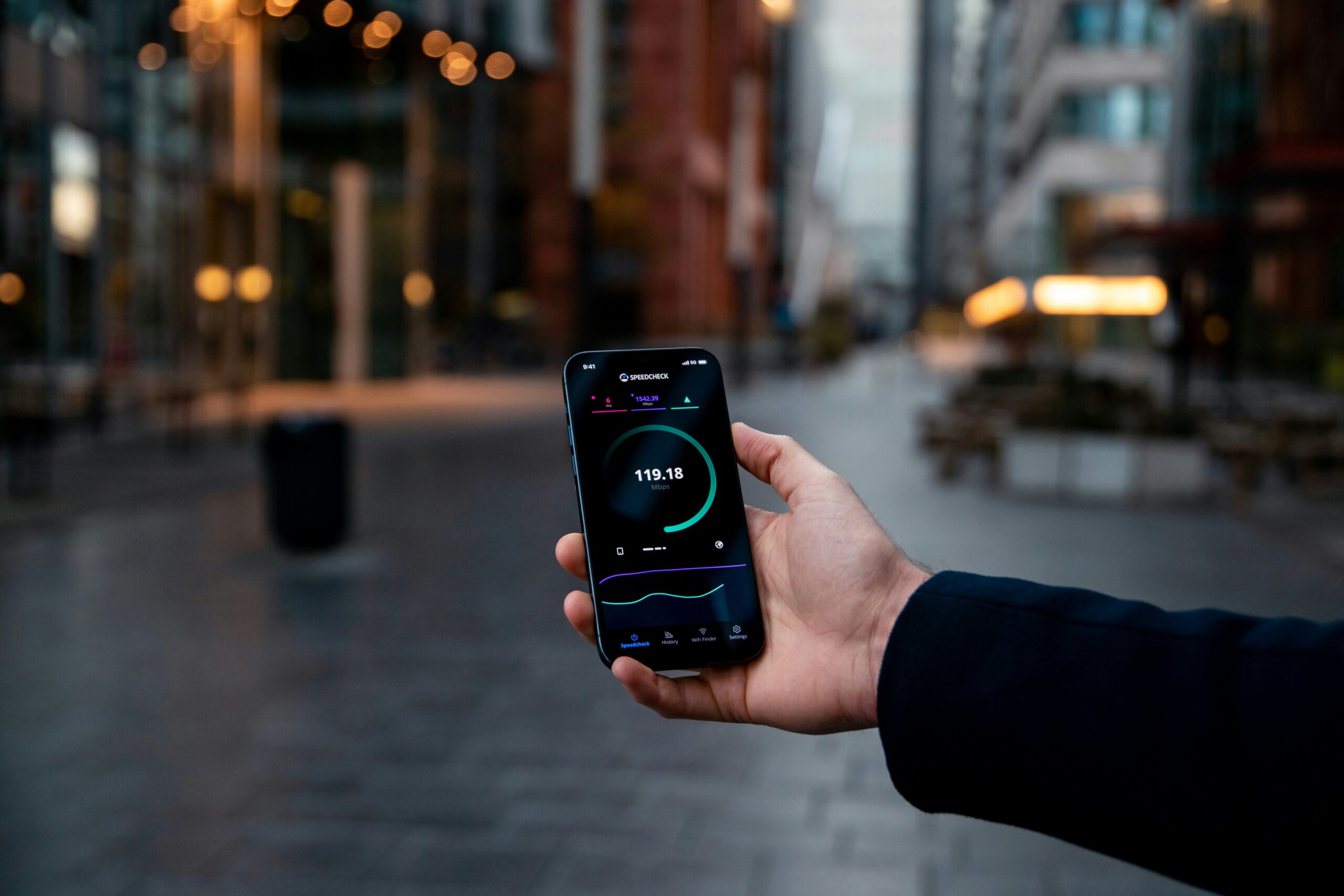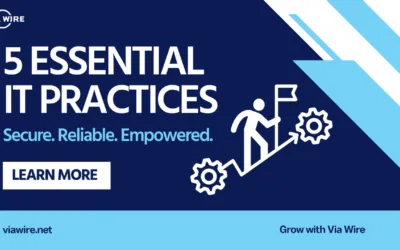A reliable internet connection is no longer a luxury but a necessity for any business aiming to thrive in the modern marketplace. Whether you’re overseeing a bustling startup or managing a well-established enterprise, the type of internet connection you select plays a pivotal role in enhancing productivity, ensuring seamless operations, and delivering a top-notch customer experience. This guide will help you explore the various types of internet connections available in the UK and identify the one that best meets your business needs.
1. Assess Your Business Requirements
Before delving into the specifics of different internet connections, it’s crucial to evaluate your business’s unique needs. Ask yourself:
– Number of Users: How many employees will be online at the same time?
– Nature of Work: Do your operations involve basic internet usage, or do you require high bandwidth for activities such as video conferencing, cloud computing, or transferring large files?
– Future Growth: Consider your business’s growth trajectory and whether the chosen connection can scale accordingly.
– Remote Working: Is reliable access needed for remote employees?
2. Explore Different Types of Internet Connections
There are several internet connection options available, each with distinct advantages and limitations. Here’s a breakdown:
– Fibre Optic:
– Pros: Known for its high speed and reliability, fibre optic offers symmetrical upload and download speeds, making it ideal for data-intensive operations.
– Cons: Availability can be limited in some areas, and it is often more expensive than other options.
– Leased Lines:
– Pros: Provides a dedicated, private internet connection, ensuring consistent speeds and zero contention with other users. This is essential for businesses where uptime is critical.
– Cons: Can be costly and may require a longer installation process.
– DSL (Digital Subscriber Line):
– Pros: Widely available and typically more affordable. Uses existing telephone lines, making installation straightforward.
– Cons: Slower speeds compared to fibre, with performance diminishing the further you are from the provider’s exchange.
– Cable Broadband:
– Pros: Offers faster speeds than DSL and is widely available in urban areas, making it a good option for small to medium-sized businesses.
– Cons: Speeds can vary during peak hours due to shared bandwidth with other local users.
– Satellite:
– Pros: Suitable for businesses in remote or rural locations where other types of connections are unavailable.
– Cons: Slower speeds, higher latency, and susceptibility to weather conditions.
– 4G/5G Wireless:
– Pros: Provides flexibility, especially for temporary setups or in areas where wired connections aren’t available. 5G offers significantly higher speeds.
– Cons: Data caps and variable speeds can limit effectiveness, particularly for data-heavy tasks.
3. Consider the Costs
While it’s important to choose an internet connection that meets your business needs, it’s equally essential to consider your budget. Fibre optic and leased lines often come at a premium but deliver superior performance. In contrast, DSL and cable offer more cost-effective solutions, though they may not provide the same level of speed or reliability.
4. Check Availability and Reliability
Not all internet connections are available in every location. Ensure your chosen connection is accessible in your area and verify its reliability. Reading reviews and seeking recommendations from other businesses in your locality can provide valuable insights into the service quality of local providers.
5. Prioritise Scalability and Flexibility
As your business grows, so will your internet requirements. Opt for a provider and connection type that can scale with your business. Additionally, consider whether the provider offers flexible contract terms, allowing for upgrades or changes as your needs evolve.
6. Evaluate Customer Support
Reliable customer support is vital. If something goes wrong with your internet connection, you need assurance that your provider will respond promptly to resolve the issue. Look for providers with a strong reputation for customer service and consider the support options they offer, such as 24/7 availability or dedicated account managers.
Conclusion
Choosing the right internet connection for your business is a critical decision that can impact your daily operations, productivity, and customer satisfaction. By thoroughly assessing your needs, understanding the various connection types, and considering factors like cost, availability, scalability, and support, you can make an informed choice that will support your business both now and in the future.
For more insights or to explore how Via Wire can optimise your business internet connectivity, feel free to [contact us](https://www.viawire.net).




0 Comments